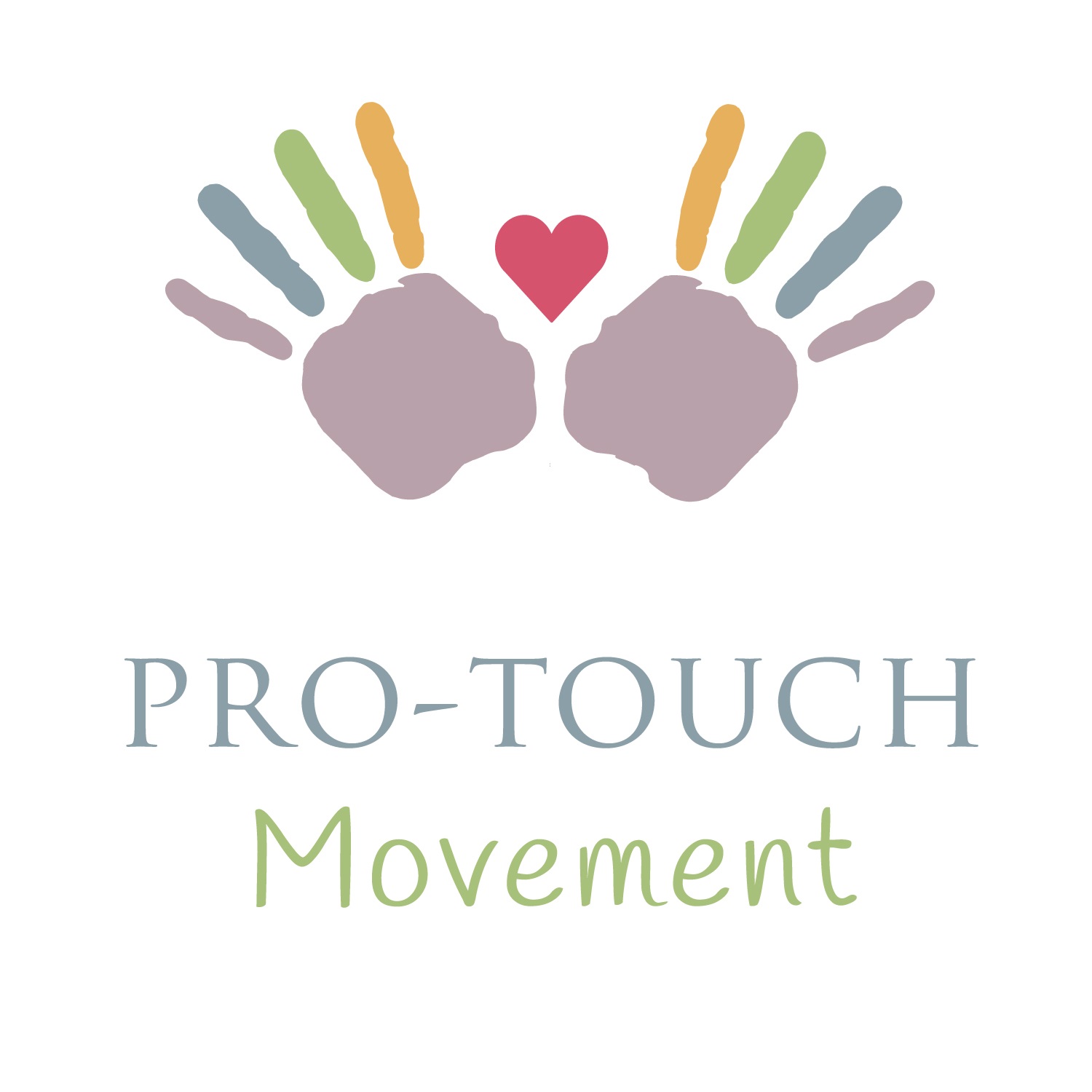Your basket is currently empty.
{{ Checkout.Stage > 1 ? 'Checkout' : 'Basket' }}
{{ item.Size !== null ? "(" + item.Size + ") " : "" }} {{ item.Price | currency:"£" }} {{ item.IncVAT ? 'inc. VAT' : 'plus VAT' }}
Thank you so much for supporting us!
We are donating {{ CharitableDonation | currency:"£" }} from your order to our good causes.

{{ CheckoutVm | json }}
Don't have an account?
{{ item.Price | currency: "£" }}
{{ item.Quantity }}
{{ (item.Price * item.Quantity) | currency: "£" }}
Thank you
A summary of your order has been sent via email.
We will let you know as soon as your order has been despatched.

Loneliness and Touch – part 1 Sep 12, 2022

I’m Claire Mendelsohn, the founder of Cuddle Professionals International, and I’m thrilled to be collaborating with Liz and her team for the Pro-Touch Movement. I’d like to talk about a subject close to my heart, that of the loneliness epidemic and how consensual, platonic touch can help to alleviate it. Here is the first of three Blogs on the topic.

There are many great things about being a human, but one of the most underappreciated is our need to bond with other humans. The urge to be sociable was hardwired into us long ago, but it also has a nasty side effect: When the bonding instinct is left hanging — when we’re not getting our regular fix of friendly kudos as a valued fellow member of the species — we run the risk of feeling lonely. Until recently, loneliness has also been largely under-appreciated. It’s an emotional state we’ve all dwelt in at some point of our lives, and it’s so familiar that it’s tempting to overlook it as mundane amid all the other mental health worries currently being given airtime, such as depression and anxiety. Nevertheless, the world is starting to wake up to the serious damage too much alone-time can do. Studies have shown that when they get too deeply entrenched and gnaw on our psyche for too long, feelings of loneliness are high risk factors for early death that rank among things like high blood pressure, obesity, alcoholism and smoking 15 cigarettes a day. Similarly, loneliness has been closely linked to a range of conditions, including heart disease, strokes and Alzheimer’s. In younger age categories, these risks are exacerbated for men.

At a time when emotional seclusion is increasingly being seen as a crisis in countries around the Western world, perhaps this is what has made people uniquely sensitive to loneliness as a major health concern. There are staggering statistics around self-reported loneliness that have been surfacing in recent years. A commission found that more than 9 million people, which is around 14 percent of the U.K. population, said they felt lonely either “often” or “always.”
What has changed in the past few years, is that research has uncovered the true implications of both loneliness and social isolation, and we’re much more aware of the negative consequences of loneliness on health, and on social aspects like our communities.
By talking about it, we’re de-stigmatizing it. It’s the way we were with depression, for example, 20 years ago. The difficulty people have in admitting they feel lonely, both to themselves and to others, poses probably one of the biggest barriers. We hope that a public debate that demystifies and normalizes loneliness, so people will openly acknowledge it as one aspect of mental well-being among all the others we’re discussing right now, will give people permission to connect with someone on that day.
Claire Mendelsohn is the founder of Cuddle Professionals International and the CEO and head tutor of London Therapists, one of the UK’s most established private massage training companies. Claire is blazing the trail for the acceptance of platonic touch as therapy.

